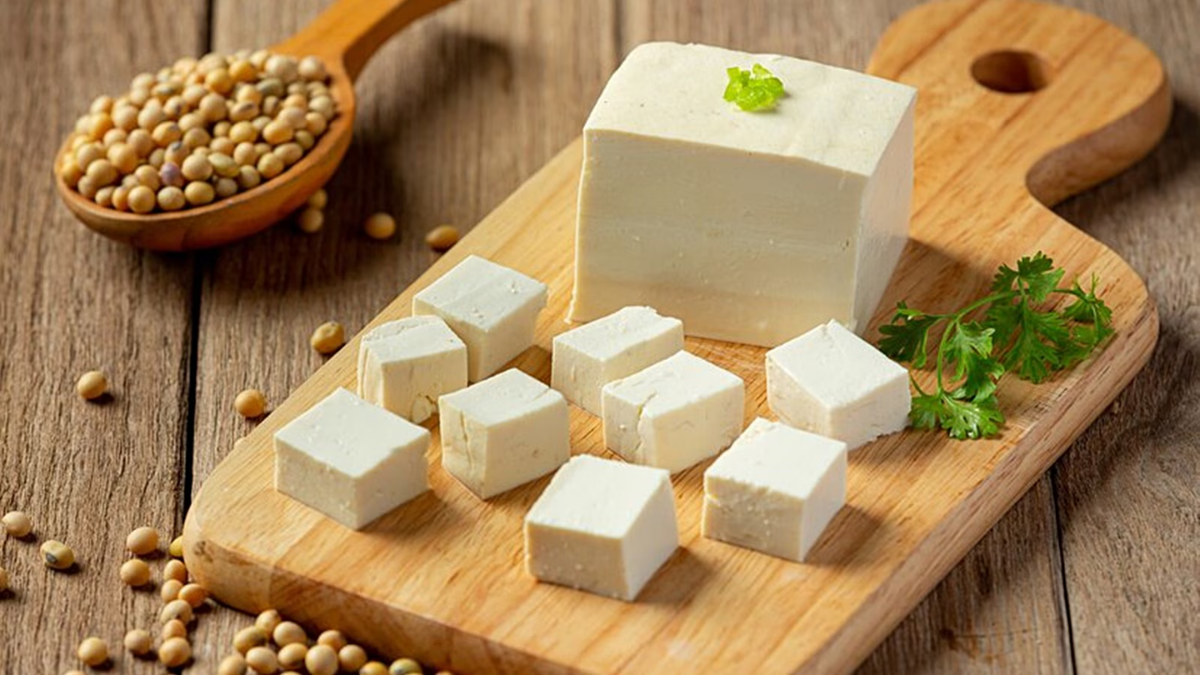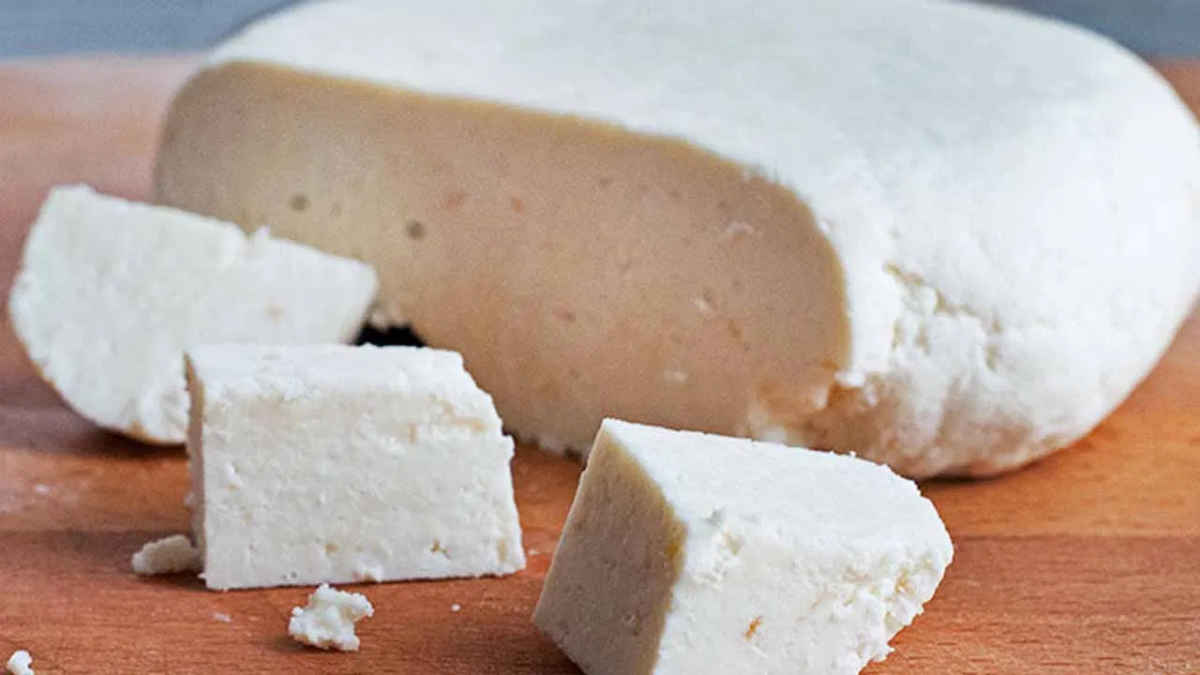
Paneer, a staple in Indian households and restaurants, especially across North India, is now facing intense scrutiny. Once celebrated as a protein-packed, calcium-rich superfood for vegetarians, paneer has now earned a more dubious distinction — the most adulterated food product in India, according to food safety authorities. The revelation has triggered alarm among health experts, consumers, and the government alike.
Table of Content:-
Alarming Rise in Paneer Adulteration
The growing concern over food adulteration reached new heights when Union Food and Consumer Affairs Minister Pralhad Joshi urged Health Minister J.P. Nadda to take urgent and decisive action. His appeal followed alarming reports that many restaurants, food joints, and local vendors are selling adulterated or fake paneer.

The wake-up call came from food safety agencies that conducted comprehensive inspections across Noida and Greater Noida. Of the 702 food samples tested during routine quality checks between April 2024 and March 2025, paneer topped the list of adulterated items. Shockingly, 83% of paneer samples failed to meet the prescribed food safety standards, and 40% of those were deemed unsafe for human consumption. These findings were part of a wider initiative that included 2721 inspections and 520 raids in the region.
Also Read: First-Ever Case Of Reverse Zoonosis: Human Flu Detected In Factory Farm Animal
Other Contaminated Products in the Spotlight
While paneer topped the list, grain-based products followed closely behind. Out of 79 grain samples tested, 36 failed, underscoring the broader challenge of food adulteration. Authorities are now expanding their focus beyond dairy to address potential threats from everyday staples like flour, rice, and cereals.
The issue has escalated to a national concern, with food safety officials warning that continued consumption of adulterated paneer could lead to serious health complications ranging from digestive issues and food poisoning to long-term impacts such as organ damage due to chemical contamination.

How to Spot Fake Paneer at Home
With growing mistrust around store-bought paneer, experts recommend a few simple DIY tests to help consumers identify adulterated or fake paneer:
- Texture Check: Real paneer should be soft and slightly crumbly. If the texture feels too smooth, overly rubbery, or plasticky, it's likely fake.
- Hot Water Test: Place a cube of paneer in hot water. If it becomes rubbery, releases oil, or forms an unusual film on the water surface, it's a red flag.
- Flame Test: Carefully burn a small portion. If it emits a plastic-like odor, it’s adulterated with synthetic substances.
Also Read: Indiana Confirms 5 New Measles Cases In 2025, Health Officials Urge Vigilance
- Iodine Test: Crush a small amount of paneer and add a few drops of iodine. If it turns blue or black, it indicates the presence of starch—often used in counterfeit paneer.
- Smell Test: Authentic paneer has a fresh, dairy smell. A sour or chemical-like odor could suggest the presence of additives or spoilage.
A Call for Stronger Regulation
The widespread adulteration of paneer is prompting calls for stricter regulation and tighter monitoring of the dairy industry. Health experts are demanding increased transparency in the sourcing and preparation of dairy products, especially those sold by roadside vendors and unlicensed food joints.

Consumer awareness campaigns are also being encouraged to educate people on the health risks of consuming unsafe paneer and the importance of buying from reputed, certified sources. Many believe it's high time for policy changes that ensure dairy safety from farm to table.
Bottomline
Paneer may be an Indian favorite, but its current status as the most adulterated food product should serve as a wake-up call. As authorities step up enforcement, consumers too must play their part by staying vigilant and informed. After all, what goes on your plate should nourish — not endanger — your health.
Also watch this video
How we keep this article up to date:
We work with experts and keep a close eye on the latest in health and wellness. Whenever there is a new research or helpful information, we update our articles with accurate and useful advice.
Current Version